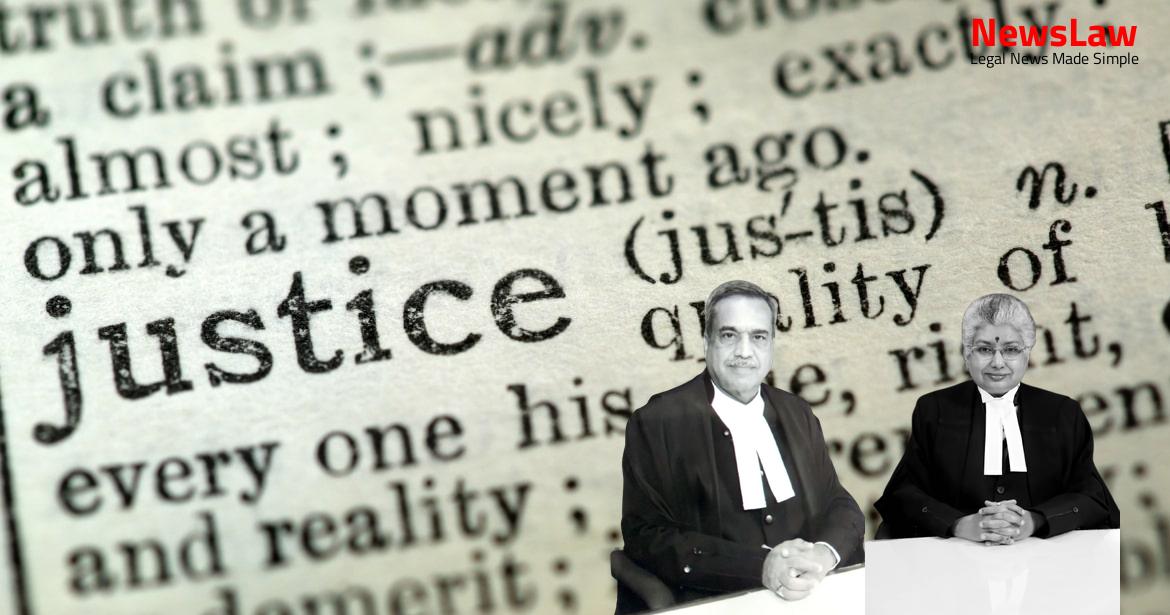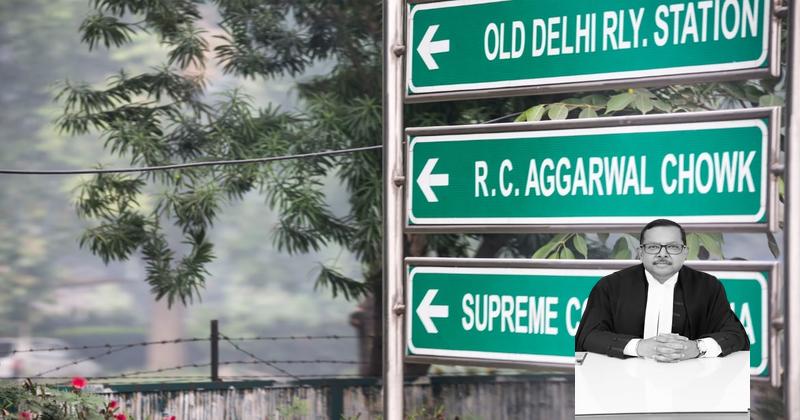The High Court’s detailed legal analysis in quashing criminal proceedings against accused officials in a corruption case has sparked debate on transparency and judicial scrutiny. The case involved allegations of criminal conspiracy and misconduct in the illegal allotment of prime plots, causing significant losses to the public exchequer. The court’s focus on legal aspects, rather than delving into the merits of the allegations, brings to light the importance of adherence to procedural fairness and accountability in governance. Let’s delve deeper into the legal intricacies of the High Court’s decision.
Facts
- Officials of B.D.A. and H.&U.D. Deptt., Government of Odisha, distributed prime plots illegally, leading to charges of criminal conspiracy and misconduct.
- Accused officials favored relatives, causing loss to B.D.A. and the public exchequer.
- Accused facilitated the distribution of plots among themselves or their relatives at minimal rates, causing undue pecuniary advantage.
- Sanction orders for prosecution were obtained as all accused were government servants in B.D.A., Bhubaneswar.
- FIR lodged by Deputy Superintendent of Police, Vigilance, alleged distribution of prime plots in a commercial complex, causing significant loss to B.D.A.
- Accused faced charges under Section 120B IPC and Section 13(2) read with Section 13(1)(d) of the Prevention of Corruption Act, 1988.
- High Court partially allowed the applications filed by five accused to quash criminal proceedings against them.
- Criminal proceedings were quashed for three accused – Smt. Pratima Mohanty, Shri Prakash Chandra Patra, and Shri Rajendra Kumar Samal.
- The quashing was based on the fact that these accused did not deal with the allotment file or influence any co-accused or officers for illegal plots.
Also Read: Upholding Professional Standards in Legal Disciplinary Proceedings
Arguments
- The State has appealed against the High Court’s decision to quash criminal proceedings against the accused.
- High Court allegedly exceeded its jurisdiction under Section 482 Cr.P.C. by quashing the proceedings.
- The Court found no evidence of pre-concerted action or criminal conspiracy among the accused.
- Allotment of plots to relatives of the accused was done arbitrarily without public advertisement.
- First Information Report was filed by the Vigilance Cell against the accused for specified offenses.
- A charge-sheet has been filed before the Special Judge (Vigilance) after thorough investigation.
- The Special Judge took cognizance of the case and found a prima facie case for the specified offenses.
- The High Court allegedly conducted a detailed scrutiny as in a mini-trial, which is not permissible under Section 482 Cr.P.C.
- The High Court quashed the criminal proceedings against the accused based on the observation that they did not influence the allotment process or deal with the allotment file.
- The High Court’s decision to quash the proceedings was based on the lack of evidence showing the accused’s involvement in fixing prices or influencing officials for illegal allotments.
- The High Court’s decision was questioned for overlooking the serious allegations of corruption and conspiracy in arbitrarily allotting plots to family members.
- The High Court’s action was justified as it found no role of the accused in price fixation or file handling, and no evidence of influencing officials for illegal allotments.
- The High Court’s decision was based on the material from the charge-sheet, which led to the quashing of the criminal proceedings.
- The case involved specific allegations of favoritism and misusing power in allotting plots, causing a significant loss to B.D.A. and the public exchequer.
- The accused and other public servants were accused of submitting applications in an irregular manner, leading to arbitrary allotments at lower prices.
- The allotment of plots was found to be arbitrary, with the accused obtaining them for family members at throwaway prices.
- The High Court’s decision was critiqued for not considering the allegations of criminal conspiracy and the seriousness of the offenses under Section 120B IPC.
- Only a prima facie case needed to be considered at this stage, focusing on whether there was sufficient evidence for the alleged offenses.
Also Read: Curbing Fraudulent Claims: Court’s Legal Analysis
Analysis
- The judgement emphasizes the need to do away with discretionary allotment of public properties in favor of public auctions for transparency and maximizing public benefits.
- Courts should not delve into the merits of allegations at the stage of discharge or Section 482 Cr.P.C. applications as if conducting a mini-trial.
- Accused individuals allegedly abused their positions to allot plots to family members under a criminal conspiracy, causing losses to public exchequer.
- Power of quashing criminal proceedings under Section 482 Cr.P.C. should be sparingly and cautiously exercised, especially in serious cases like conspiracy to allott plots.
- Allotment of public properties must adhere to transparency, fairness, and non-arbitrariness, even if for specific target groups, following strict guidelines.
- Allegations point to misuse of power and abuse of process by the accused, and the criminal proceedings are deemed not an abuse of law.
- BDA is the custodian of public properties and must follow transparent and objective criteria for allotment.
- Every holder of a public office is a trustee whose duty is to the people and public good.
- The High Court should not conduct a mini-trial but focus on legality and procedural aspects.
- Actions of public bodies should manifest equity, fair play, and justice for governance.
- Decisions must be based on probity, justice, and public interest, not popularity.
- Accountability and prevention of corruption are possible only through transparency in governance.
- Illegal allotment of properties causing losses to public exchequer should be addressed.
- Public interest and probity in governance should guide decision-making.
- The government must act in a fair and just manner, avoiding arbitrary actions.
- Public servants abusing powers may face legal action and accountability.
- Public officials must act in accordance with law and public duty for good administration.
Also Read: Legal Analysis on Consideration of Additional Marks for NCC Certificate in Recruitment Case
Decision
- Present Appeals allowed
- Orders passed by the High Court quashed and set aside
- Original Accused Nos. 4, 5 & 3 to face trial with other co-accused
Case Title: THE STATE OF ODISHA Vs. PRATIMA MOHANTY (2021 INSC 872)
Case Number: Crl.A. No.-001455-001456 / 2021



